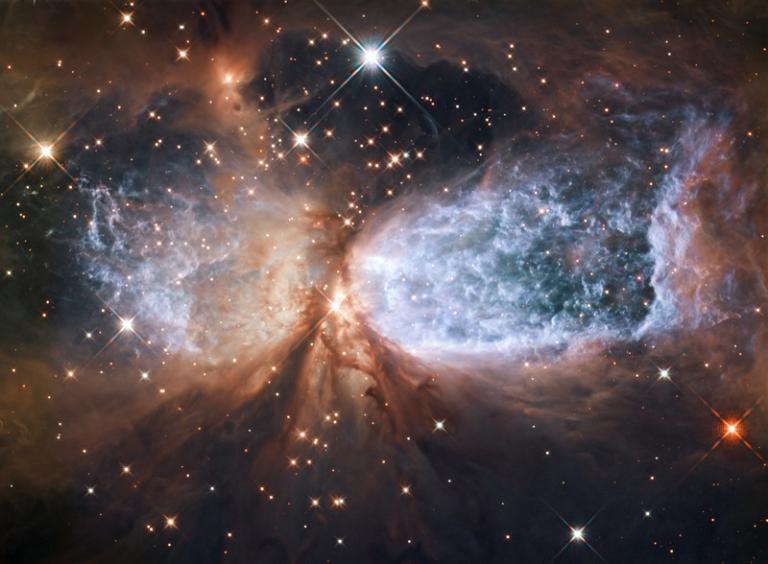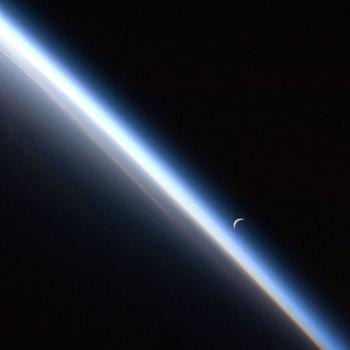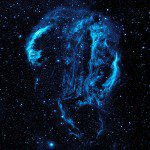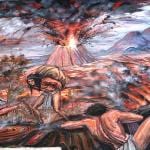
I share here two passages that I’ve extracted from my reading of John D. Barrow, The Book of Universes: Exploring the Limits of the Cosmos (New York and London: W. W. Norton and Company, 2011). At the time he wrote the book, Dr. Barrow was a professor of mathematical sciences and the director of the Millennium Mathematics Project at the University of Cambridge, in the United Kingdom. Among his nearly twenty-five books and more than 500 journal articles, he is the co-author, with Frank Tipler, of The Anthropic Cosmological Principle (1988):
Nicolaus Copernicus has given his name to an entire philosophy of the world. In science an ‘anti-Copernican’ view is a pejorative description of thinking that presumes the centrality of humanity. In astronomy, the Copernican ‘Principle’ is often invoked to add prestige to the idea that we should always assume our position in the universe is not specially privileged. Instead of thinking the Earth is the centre of the universe, like the ancients, we should assume that the universe is much the same everywhere and build our theories accordingly. And so the Earth is expected to be a typical planet orbiting a typical star in a typical galaxy in the universe.
While the removal of the Earth and humanity from the centre of the universe is an important general lesson for scientists, we have come to appreciate that it contains pitfalls of its own if over-zealously pursued. For while we have no reason to expect that our position in the universe is special in every way, we would be equally misled were we to assume that it could not be special in any way. (22, italics in original)
The universe appears very old because the building blocks of chemical complexity, nuclei of elements like carbon, nitrogen and oxygen, are made in the stars, by a slow process of nuclear burning that culminates in a supernova explosion which spreads those life-supporting elements into space. Eventually, those ingredients find their way into planets, and into you and me. This process of stellar alchemy takes billions of years to run its course. So we should not be surprised to find that our universe is so old. We could not exist in one that was significantly younger: it would not have had time to generate the building blocks needed for complexity of life. (23)












